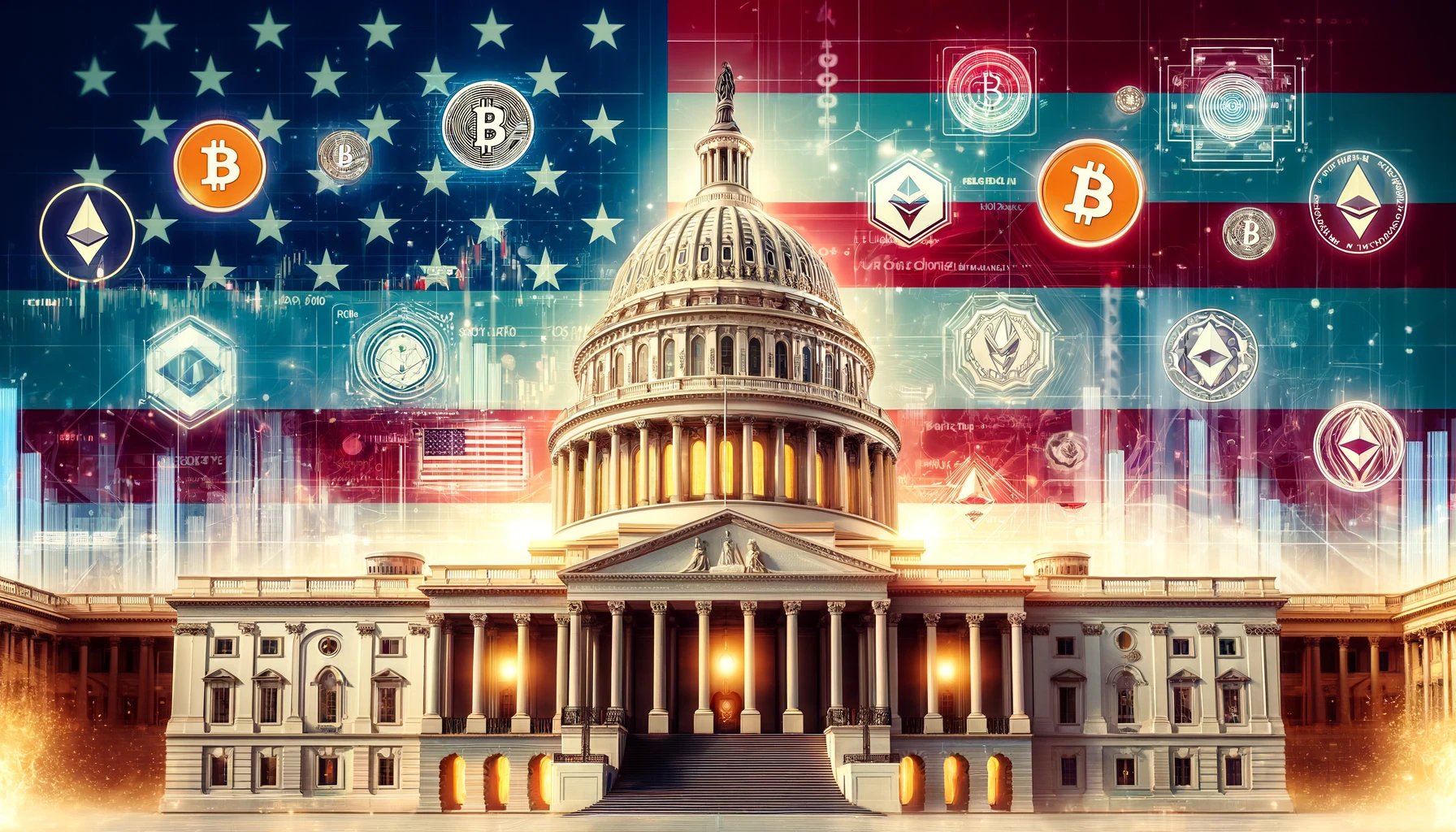The 2024 US presidential election is going to be one of the most relevant events in American politics, yet probably in the global financial outlook as well. There is no area that would be more influenced than the cryptocurrency market—right at the junction of politics and digital finance. The regulatory framework, economic policy, and international relationships are going to turn out very critical in shaping the future of cryptocurrencies post-election.
Regulatory Uncertainty and Market Volatility
One of the main issues for the cryptocurrency market is regulatory uncertainty, which often causes market volatility. In most of their lifetime, cryptocurrencies have always thrived on ambiguity in settings of regulations. This is now changing with increased adoption into the mainstream financial world; there is high demand for clarity and consistency regarding regulatory frameworks. Of course, big shifts in how the US regulates cryptocurrencies may happen with the 2024 election.
The two big political parties have a different approach toward regulation. Democrats tend to favor stricter regulation over the crypto space, with regard to consumer protection, anti-money laundering compliance, and meeting environmental concerns linked to energy-intensive mining methods. A Democratic victory may mean the implementation of tighter regulations at a faster pace, likely to bring about the most near-term volatility in the market for investors to get accustomed to. The other camp is more hands-off, encouraging innovation while easing the regulatory burden. These political positions mean that if Republicans win, it would turn more crypto-friendly, with the market sentiment bullish. This could also contribute to long-term risks when lack of proper regulation overflows into greater manipulation of markets or security vulnerabilities.
Economic Policy and Cryptocurrency as Inflation Hedge
Of importance, therefore, will be how the next administration is going to wrestle down inflation through the policy regarding inflation and interest rates. Cryptocurrencies such as Bitcoin are touted as a hedge against inflation, which only came to the fore during bouts of high inflation in the early 2020s.
A robust government at the helm of affairs, implementing strong measures against rising inflation, may make the U.S. dollar strong and will accordingly lessen the appeal of cryptocurrencies as a hedge against inflation. If the new administration puts less pressure on containing inflation, though, then cryptocurrencies might maintain or gain more interest from investors.
It will also be driven by fiscal policy, including tax policy, government spending, and levels of public debt. One may expect that policies leading to a higher state of government indebtedness pose risks for higher, future inflation—influencing investors to shift into decentralized assets like cryptocurrencies. In contrast, policies maintaining a positive outlook in terms of the fiscal situation may make traditional financial assets more attractive at the expense of cryptocurrencies.
International Relations and Global Crypto Markets
The 2024 election will indirectly leave a mark on international relations and, consequently, on the global cryptocurrency market. The foreign policy of the United States could be oriented to relations with major economic partners and rivals; its influence may prevail over global crypto adoption and regulation.
The U.S. has, over time, been increasing the use of sanctions in its foreign policy, which have often been bypassed by cryptocurrencies. The next administration’s stance on sanctions can result in worldly stricter controls on crypto transactions, particularly in adversarial nations. Moreover, an administration bent on international cooperation may collaborate more with global institutions for a unified regulatory framework, reducing the regulatory arbitrage often noted in the market.
Public Sentiment and Market Perception
Political rhetoric can influence public sentiment on the outlook for cryptocurrencies. The next president will set the tone in terms of digital assets, thereby further bolstering or weakening public confidence in the market.
A presidency that is for technological innovation, such as blockchain and cryptocurrency, could see more public and institutional adoption of digital assets. On the other hand, a president who is skeptical of cryptocurrencies might dampen the surge of interest and slow down the adoption curve.
Read More Trumps New Crypto Platform
Read More Crypto Donations Sky Rocket for 2024 Election
Environmental Concerns and Sustainable Practices
The other critical environmental issue related to the high amount of energy consumption required for cryptocurrency mining will be concerns that the next administration really has to deal with. Policies inculcating green energy may push the crypto industry to embrace more sustainable practices. It would benefit the market in the long run.
The 2024 US presidential election shall be a defining moment in the cryptocurrency market, leaving very little untouched—from regulation to public sentiment. It’s what the election of 2024 will bring forth that most likely will set the trajectory of the market for years to come; it is why investors and stakeholders in the crypto space must pay a great deal of attention to the outcome. While the election brings uncertainty, it also offers an opportunity for the crypto industry to further evolve and adapt itself to a rapidly changing political and economic landscape.





Leave a Reply